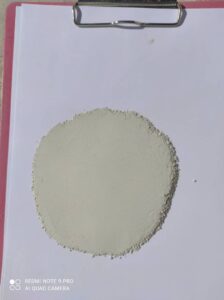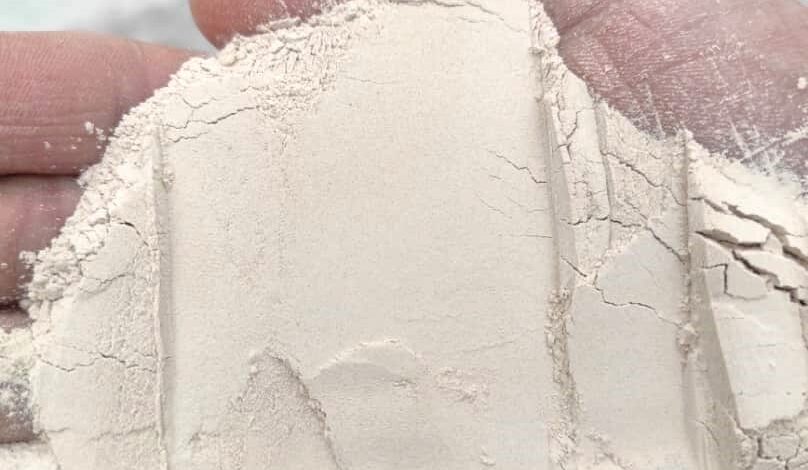The Benefits of Bentonite in Construction
Bentonite is a versatile natural clay that plays a key role in construction. Its unique properties make it valuable for various building projects. From waterproofing to soil stabilization, construction professionals widely use bentonite for its effectiveness. In this article, we explore how bentonite is used in construction and the benefits it provides.

What is Bentonite and How is it Used in Construction?
Bentonite consists mostly of montmorillonite clay. It expands significantly when it absorbs water. This property makes it ideal for construction applications that require moisture control or sealing.
Construction workers use bentonite to prevent water from leaking into buildings, stabilize soil, and support foundations. Its swelling ability allows it to create waterproof barriers and improve soil properties at construction sites.
Bentonite for Waterproofing and Foundation Work
One of the most common construction uses for bentonite is waterproofing. Contractors apply it to basements, foundations, and underground structures to block water seepage. When bentonite contacts water, it forms a gel-like substance that spreads easily over surfaces. This gel creates a reliable waterproof barrier that protects buildings from moisture.
Additionally, bentonite swells to seal cracks and gaps, preventing water from leaking into foundations or basements. This feature makes bentonite essential for protecting structures from water damage and ensuring long-term durability.
In foundation work, construction crews add bentonite to drilling fluids. It stabilizes soil during drilling and prevents boreholes from collapsing, which is especially important for deep foundations and wells.
Bentonite for Soil Stabilization and Erosion Control
Engineers also use bentonite to stabilize soil and control erosion. When mixed with soil, bentonite improves moisture retention, reducing erosion risks in areas exposed to heavy water flow or unstable ground. This makes bentonite perfect for projects like roads, bridges, and dams where soil stability is critical.
Moreover, bentonite binds soil particles together, increasing soil strength and load-bearing capacity. This enhances the stability of large-scale construction foundations.
Other Construction Uses of Bentonite
Besides waterproofing, foundation work, and soil stabilization, bentonite has several additional construction applications:
-
Grout Sealing: Workers use bentonite to seal joints and gaps in concrete, preventing water leakage.
-
Cut-off Walls: Bentonite creates barriers that block water movement through soil and stabilize structures.
-
Drilling Fluids: Bentonite forms a key component in drilling fluids, helping maintain borehole stability during excavation.
In summary, bentonite offers multiple benefits in construction due to its waterproofing, swelling, and soil-binding properties. Its versatility makes it an indispensable material for modern building projects.
Bentonite in Construction and Civil Engineering

